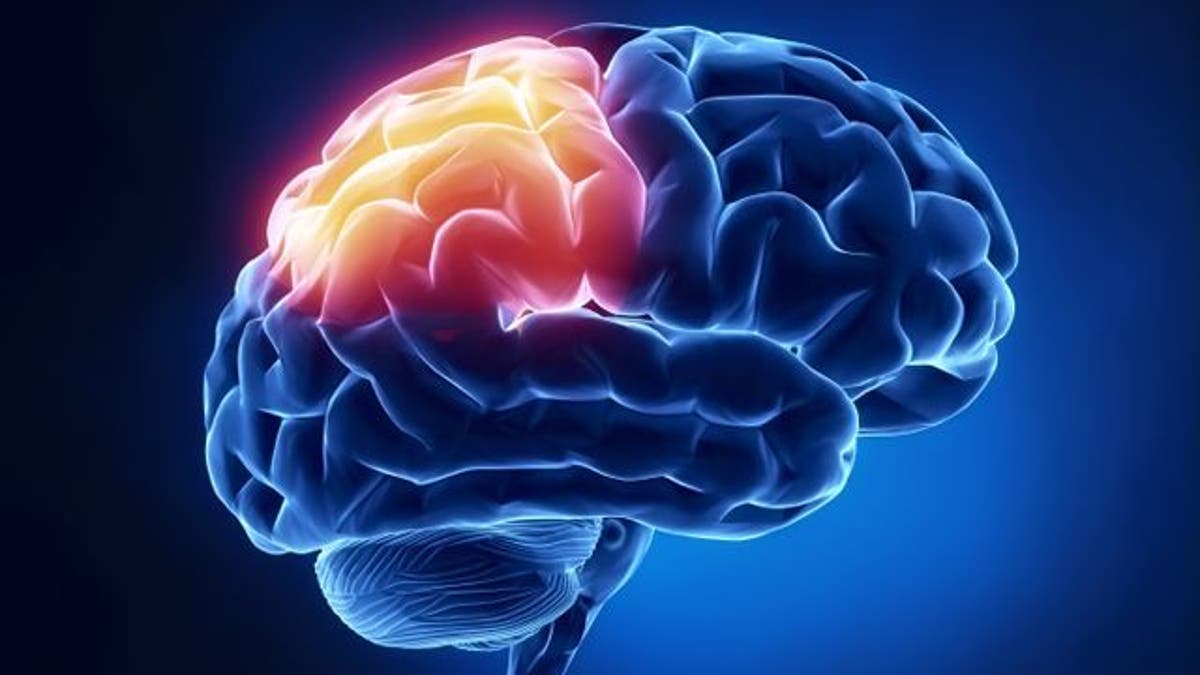
At Tulane University, scientists have been hard at work uncovering evidence that estrogen therapy will do more than cure hot flashes. Lead research and neuroscientist, Jill Daniel, has been testing the cognitive function of rats – those with a source of estrogen and those without – to determine what impact the hormone has on cognitive thinking.
So far, the results are astounding. In a study meant to emulate the experiences of postmenopausal women, rats that received estrogen at middle age or later performed better on memory tests than rats that never received estrogen.
For their research, rats without ovaries were given estrogen pellets and observed. Rats with estrogen remembered the location of the food for several hours, while rats without estrogen only remembered for approximately 30 minutes. Imaging of the hippocampus –the area of the brain that involves memory and spatial awareness – also showed that those on the hormone replacement therapy had a greater number of neurotransmitters and estrogen receptors.
The hippocampus is often the first place function declines in the development of age-related degenerative diseases like Alzheimer’s. Researchers believe administering estrogen to women during that critical stage, just after menopause at middle age, and then discontinuing therapy, will protect the brain well into older age.
Thus far, research has shown that taking the rats off estrogen for several months, which is equivalent to decades in a human, still preserves their cognitive ability. The rats that once received estrogen outperform those that never received estrogen. Tulane researchers have been given a $1.4 million grant from the National Institute of Aging to continue these studies.
Other recent studies, such as one published in the July 2013 issue of Molecular Psychiatry, have found that estrogen may also play a role in helping women effectively manage stress – again, results uncovered in observing estrogen’s effects on the brain. This comparison was made between male and female rates, determining that in repeated episodes of stress, females respond better than males due to the protective effects of estrogen on the brain.
More and more studies are emerging to unwind the damage done by the 2002 Women’s Health Initiative (WHI) study, which created fear of hormone therapy among patients and physicians. This summer, the American Journal of Public Health published a study finding that estrogen therapy could have actually saved the lives of more than 50,000 women. Researchers actually reviewed data from the WHI study and found that subjects taking estrogen-only therapy reduced their risk of invasive breast cancer by 20 percent, and the death rate was higher among women who took a placebo.
The benefits of estrogen outweigh the risks, and these benefits are not just about improving quality of life; your long term health benefits too. The choice for hormone therapy should be an informed decision. Consult your physician, as well as experts specializing in hormone therapy, to ensure you have all the facts and fully understand the benefits and risks of treatment.
